Selective Serotonin Reuptake Inhibitors (SSRI’s) are the most commonly prescribed antidepressants. Serotonin is the primary chemical messenger, or neurotransmitter, which has been linked with depression and which has been found as deficient in the pleasure and reward pathways of the depressed brain. These types of medications block the receptor sites of certain neurons from reabsorbing serotonin, thus causing these neurotransmitters to remain in the synaptic gaps between these neurons and allowing a depressed individual to experience the well-being of someone with normal serotonin levels. SSRI’s are mainly prescribed for the treatment of Major Depressive Disorder but have also been found as effective in alleviating the symptoms of Generalized Anxiety Disorder, Post-Traumatic Stress Disorder, Eating Disorders, Substance Use and Abuse Disorders, Panic Disorder, and Obsessive-Compulsive Disorder.
Although all SSRI’s target the serotonin pathways within the brain’s limbic (emotional control) system, they have slight molecular differences which can impact people in differing ways regarding potency and side effects. Possible side effects of SSRI’s can include nausea, vomiting, diarrhea, headaches, drowsiness, dry mouth, insomnia, agitation or restlessness, dizziness, reduced sexual desire, difficulty reaching orgasm, and either weight loss or weight gain. While the SSRI class of medications is not considered as addictive, stopping antidepressant treatment abruptly or missing several doses may cause withdrawal-like symptoms, referred to as discontinuation syndrome. It is common for one’s psychiatrist to begin with the smallest daily dose and to adjust as needed over time. The most widely prescribed antidepressants, approved by the Food and Drug Administration (FDA), are Citalopram (Celexa), Escitalopram (Lexapro), Fluoxetine (Prozac), Paroxetine (Paxil or Pexeva), and Sertraline (Zoloft).

Citalopram (Celexa) is commonly prescribed in a daily dosage of either 10 mg, 20 mg, or 40 mg for the treatment of Major Depressive Disorder. Escitalopram (Lexapro) has been found to be effective with an initial daily recommended dosage of 10 mg and not more than 20 mg per day over the course of treatment. Lexapro has been preferred by many individuals for significantly reducing symptoms of both Major Depressive Disorder and Generalized Anxiety Disorder. Fluoxetine (Prozac) has also been a popular medication for treating Major Depressive Disorder and is known for not reducing sexual drive as much as other antidepressants. Prozac has also been used for treating the premenstrual symptoms of irritability, increased appetite, and depression and for decreasing binging and purging behaviors in bulimics. Paroxetine (Paxil) is another widely-used SSRI medication for treating Major Depressive Disorder and has been proven effective in treating Obsessive-Compulsive Disorder, Panic Disorder, Post-Traumatic Stress Disorder, and Generalized Anxiety Disorder.
Serotonin-Norepinephrine Reuptake Inhibitors (SNRI’s) are newer medications which are prescribed for treating depression and anxiety symptoms, but the norepinephrine increases from these medications have also been effective in improving energy and mental focus, as well as in relieving mild nerve pain. SNRI’s block the reabsorption (reuptake) of the neurotransmitters, serotonin and norepinephrine, in key motivational pathways in the brain. The most commonly prescribed SNRI’s are Desvenlafaxine (Pristiq), Duloxetine (Cymbalta), which is also approved to treat anxiety and certain types of chronic pain, Levomilnacipran (Fetzima), and Venlafaxine (Effexor XR), which is also approved to treat Generalized Anxiety Disorder and Panic Disorder. All SNRI’s work in a similar way and generally can cause similar side effects, though some people may not experience any side effects.

While similar to other reuptake inhibitor drugs like the Selective Serotonin Reuptake Inhibitors (SSRI’s) and the Serotonin-Norepinephrine Reuptake Inhibitors (SNRI’s), another class of medications block the reuptake of Norepinephrine and Dopamine instead of serotonin. NDRI’s are typically prescribed when other forms of antidepressants do not produce effective results or cause too many side effects. Wellbutrin XL and Wellbutrin SR both contain the same active ingredient, which is Bupropion. The difference between Wellbutrin XL and Wellbutrin SR is how quickly they are released and then absorbed into the body. Wellbutrin XL is an extended-release tablet which releases more slowly than the Wellbutrin SR tablet, which is released faster Another difference is that Wellbutrin SR is only used for Major Depressive Disorder (MDD), whereas Wellbutrin XL can be used for both MDD and Seasonal Affective Disorder (SAD), which is depression occurring mainly in the fall and winter months. The dosage for Wellbutrin XL starts at 150 mgs once per day and may go up to 300 mgs once per day. This medication is also prescribed for treating Attention Deficit Hyperactivity Disorder, Narcolepsy, and Parkinson’s Disease.

In sum, psychological symptoms often have multiple causes and can debilitate multiple areas of an individual’s daily functioning. By understanding the roles which various symptoms and behaviors play in one’s current functioning, depressed individuals can decide whether or not to try medication therapy. When a depressed individual’s brain chemistry becomes more balanced, the process of increased self-awareness can begin through psychotherapy, with the main goals of confronting one’s underlying cognitive and emotional issues and learning more effective coping strategies. Although many people are opposed to taking a prescribed psychological medication, it is an option when daily functioning becomes unmanageable. I specialize in Cognitive Behavioral Therapy techniques but acknowledge that, for certain situations and time frames, medication may be worth a try in order to loosen the grip of one’s past traumas and to begin living a new, more hopeful, and more empowered narrative.


